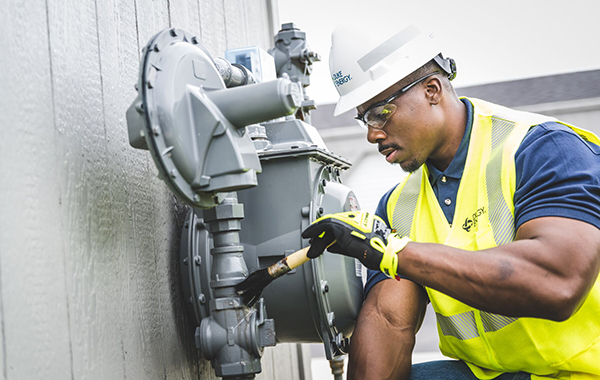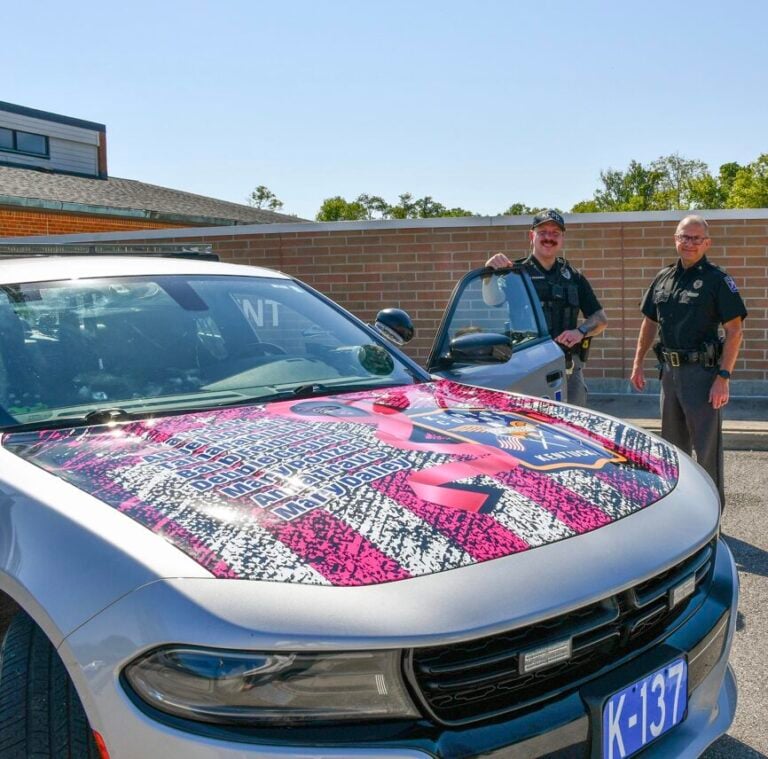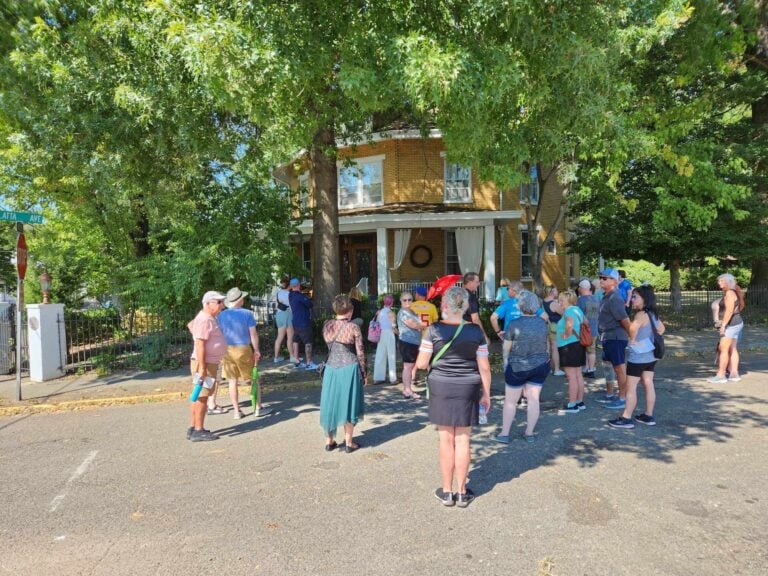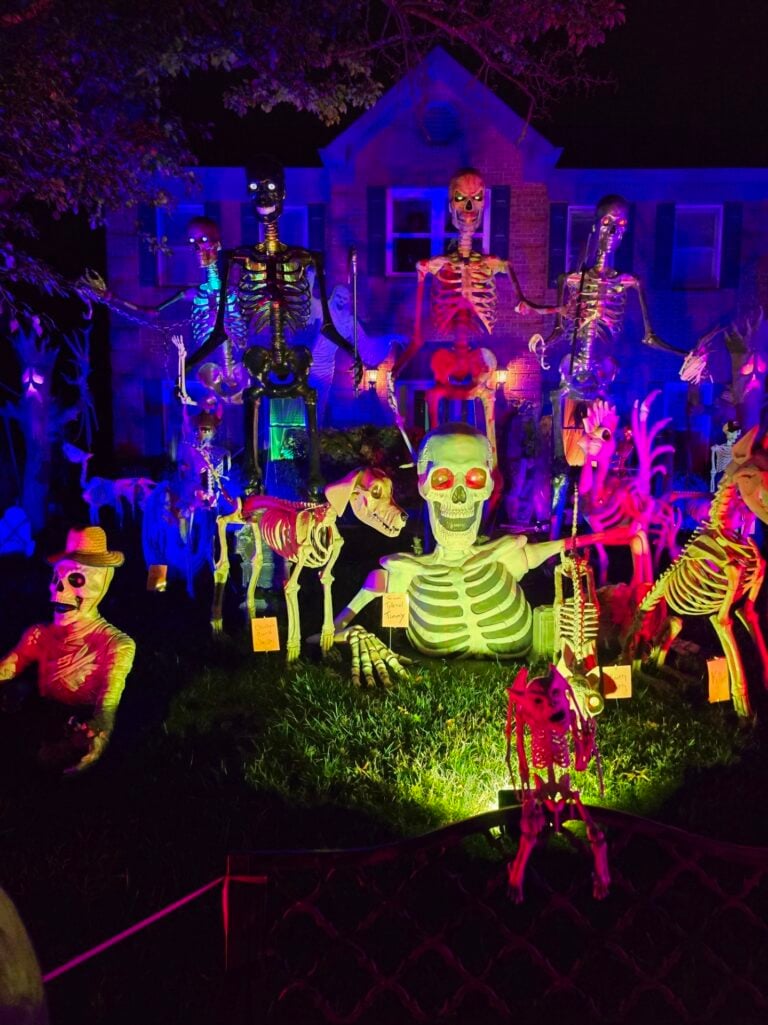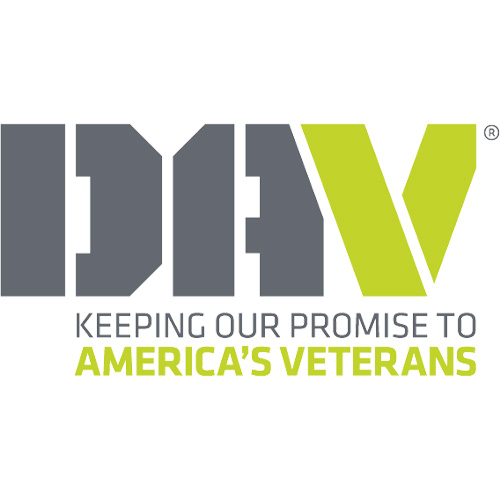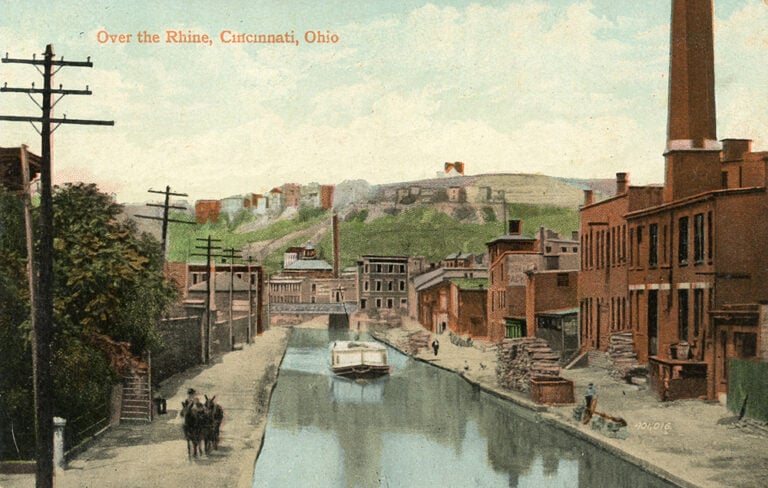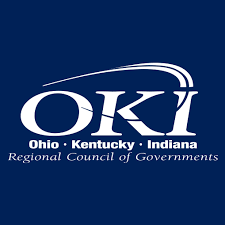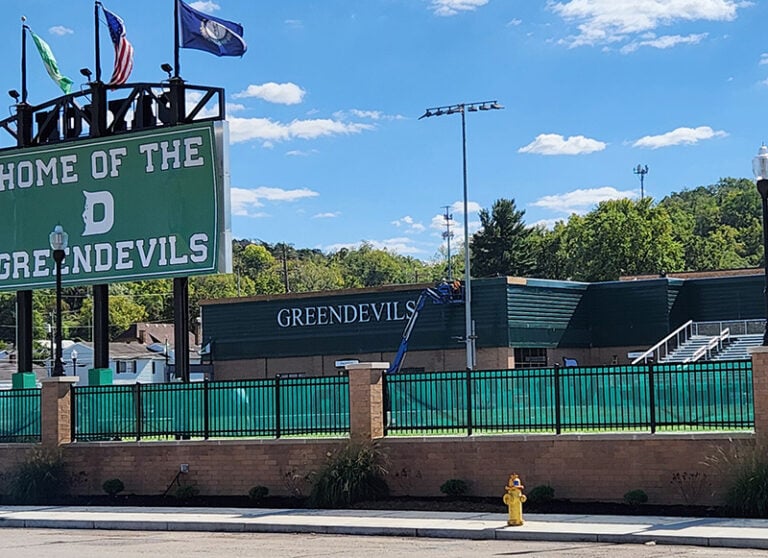By Vicki Prichard
NKyTribune Reporter
Navy veteran April Rooke proudly recalls her two deployments during Operation Iraqi Freedom, and the part she played in support efforts.
“My first deployment to Iraq we provided support to the Atlantic fleet, and on my second deployment there we provided support to 3000 Marines,” says Rooke.
Her unit was also among the first on the scene when Hurricane Katrina barreled down on New Orleans.
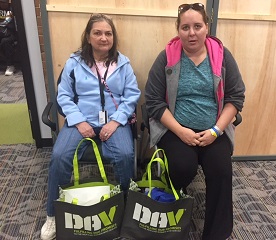
But after transitioning to civilian life, Rooke relapsed into addictions that began while she was in service. Unable to keep a job and afford a place to live, Rooke found that she was in need of a support team.
Currently, Rooke resides at the VA Domiciliary for Homeless Veterans in Fort Thomas which provides a comprehensive rehabilitative program and 58 beds for homeless veterans.
Rooke was also among the more than 300 veterans at the Disabled American Veterans (DAV) national headquarters in Cold Spring on Oct. 14 for the DAV Stand Down to assist veterans by providing services and connecting them with resources to address immediate and long-term needs. Veterans were offered free flu shots, hot meals, haircuts, legal assistance, social services, benefits support, employment counseling, health care and care bags.
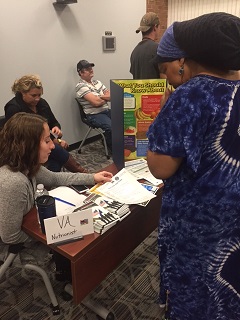
More than 200 people from 50 area agencies came together for the event. DAV and partners from the Cincinnati VA Medical Center provided services and transportation to and from the site.
“Stand Downs began right after Vietnam,” says John Kleindeinst, DAV director of voluntary services. “A Stand Down is a term used to stop business and do what needs to be done to take care of everybody else.”
For the DAV Stand Down, Kleindeinst says they reached out to the Tri-State Veteran Community Alliance, the Red Cross, other veteran organizations, such as the VFW and American Legion, the VA, and DAV Chapter 19.
“What we decided to do is put all our resources into bringing needy veterans in and getting them the assistance that they need here,” says Kleindeinst. “I hate using the term one-stop-shop, but ultimately they can get all the resources that they need under one roof.”
Army veteran Clinton Napier of Pendleton County likened the event to having “all your eggs in one basket.”
“I got a flu shot, and help with dental work,” says Napier, who served from 1990 to ’93, and was deployed to Germany and Saudi Arabia.
Karen Gwinner, of Walton, and an Army veteran, is a member of DAV’s Chapter 19.
“These events are real important,” says Gwinner. “They have social security information, legal teams, and stuff you can’t get at the VA.”
For Rooke, the event gave her the opportunity to gain information from the VA Women’s booth and receive medical tests for diabetes and other concerns.
Micah Myers was on hand at the Stand Down to offer blankets to the veterans. The 17-year-old began volunteering with DAV in 2013.
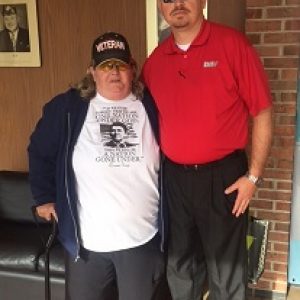
“It’s a great way to interact with our veterans and this is a wonderful way to tell them, “Thank you,”” says Myers.
Kleindeinst says it was fitting to host the event at DAV’s national headquarters.
“The lifetime of support we provide at no cost to veterans and their families begins right here, and there is nothing more important than making sure those who have the greatest need are able to overcome obstacles and access the critical services we offer.”
The U.S. Department of Veterans Affairs states that the nation’s homeless veteran population is predominantly male, with roughly nine percent female. The majority are single, live in urban areas, and suffer from mental illness, alcohol and/or substance abuse. It is estimated that 11 percent of the adult homeless population are veterans. The U.S. Department of Housing and Urban Development (HUD) estimates that 39,471 veterans are homeless on any given night. In 2010, approximately 12,700 veterans of Operation Enduring Freedom (OEF), Operation Iraqi Freedom (OIF), and Operation New Dawn (OND) were homeless.







